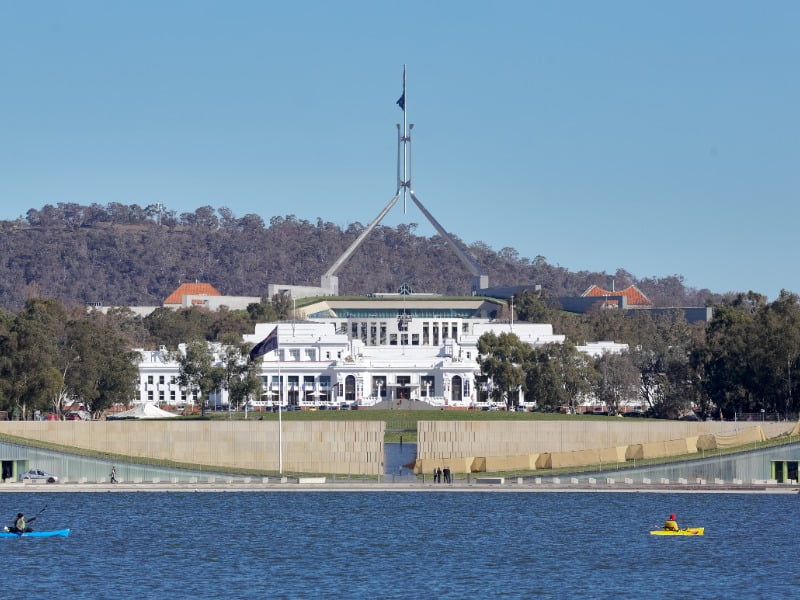There are “no issues” with Australia qualifying for a data-sharing agreement with the US due to the controversial encryption powers, according to the Home Affairs department.
In an answer to a Senate estimates question on notice, the Home Affairs denied that its highly contentious Assistance and Access Act would have to be amended to make Australia eligible for an agreement with the United States under the CLOUD Act.
The CLOUD Act enables the US to sign agreements with foreign countries to allow its law enforcement to directly request data from a company based in the US, and vice versa. If it secured such an agreement, Australian authorities would be able to request data directly from Facebook, rather than making requests through US law enforcement.

But soon after it was announced that Australia had entered into formal negotiations to secure such an agreement, the chair of the Committee on the Judiciary of the US House of Representatives Jerrold Nadler wrote to Home Affairs Minister Peter Dutton, raising “concerns” that the encryption powers would “undermine” Australia’s ability to qualify for a deal.
In answer to a question from shadow home affairs minister Kristina Keneally, Home Affairs denied the encryption legislation was standing in the way of a deal.
“No issues were identified with the Assistance and Access Act that would prevent Australia from successfully negotiating a CLOUD Act bilateral agreement,” it said.
“The Department of Home Affairs has engaged with the United States Department of Justice on the compatibility of Australian law – including the Assistance and Access Act – with the requirements of the CLOUD Act. No issues have been identified with Australia’s eligibility to enter into a bilateral agreement under the CLOUD Act.”
Under the CLOUD Act, Australia’s domestic laws must afford “robust substantive and procedural protections for privacy and civil liberties in light of the data collection and activities of the foreign government that will be subject to the agreement”.
In the letter, Mr Nadler raised particular concern with the lack of judicial oversight of the new powers, and the risk they will undermine encryption as a whole.
According to Home Affairs, this letter was not warning that Australia may not qualify for the CLOUD Act, but instead seeking “clarification”.
The Opposition has latched onto the CLOUD Act concerns and used them to attempt to wedge the Coalition and garner support for its amendments, which it said will “repair” the encryption powers.
The amendments, which were introduced to the Senate late last year and will be debated when Parliament resumes in February, include the introduction of judicial oversight.
Senator Keneally has said that not securing a CLOUD Act deal would make it “harder for Australian law enforcement to quickly access the information they need to fight crime, making Australia a more dangerous place to live”.
She also said that the Act is a “fundamental tool for our law enforcement agencies, that right now operate under an old treaty where they have to wait up to two years in the middle of a police operation to get access to information”.
In October last year the Senate backed a motion calling on the federal government to make the Assistance and Access Act compliant with the CLOUD Act.
Do you know more? Contact James Riley via Email.

